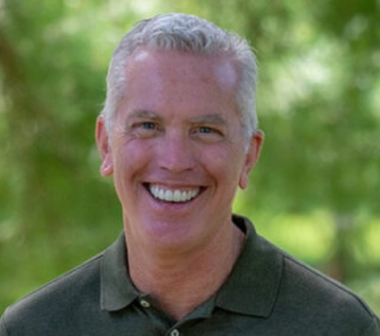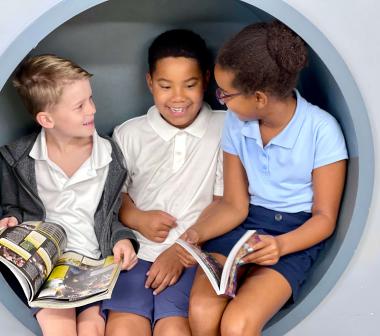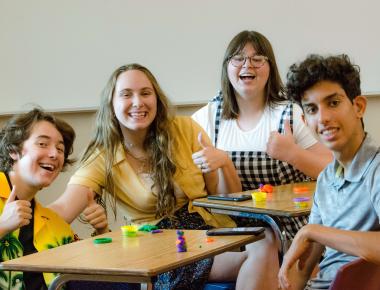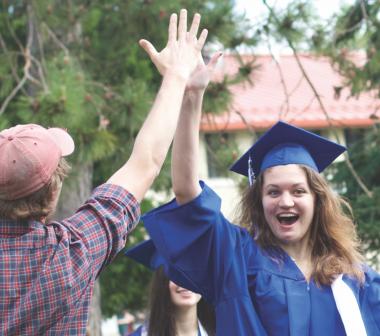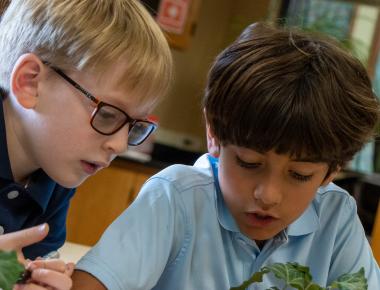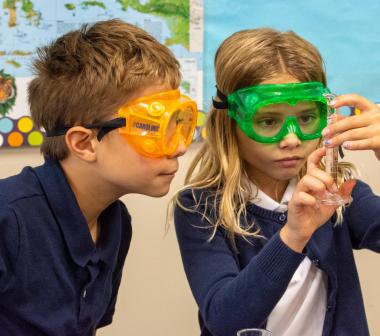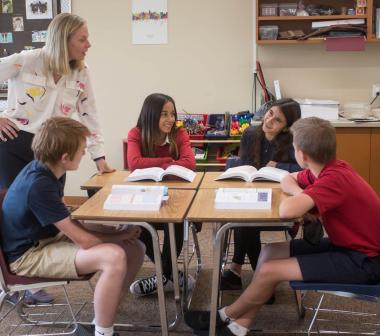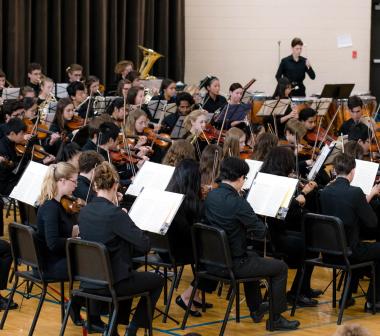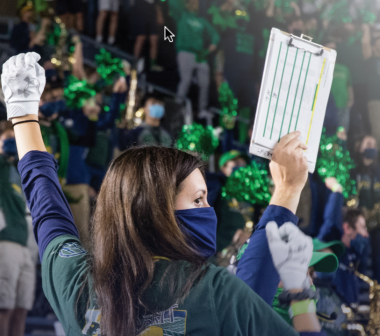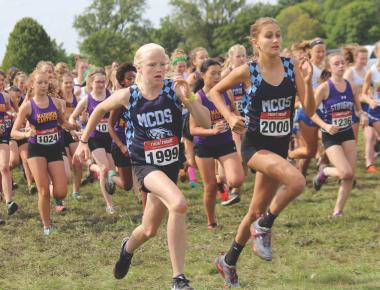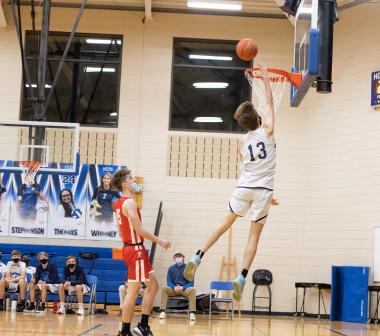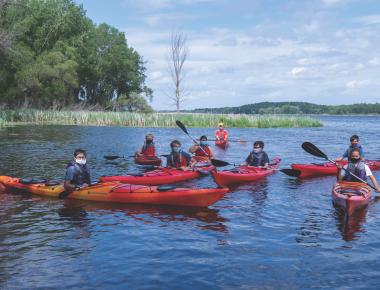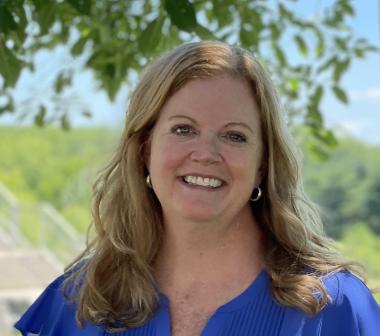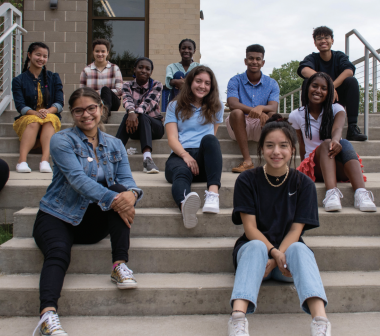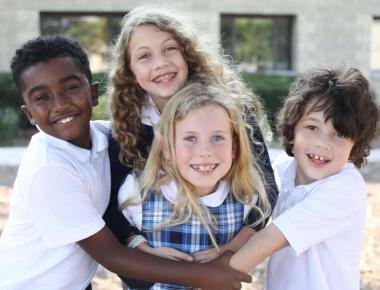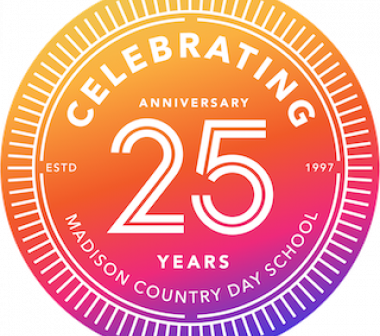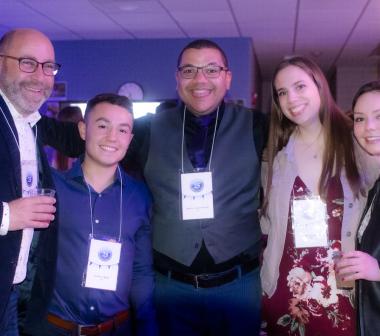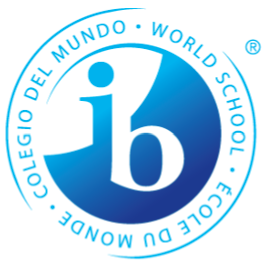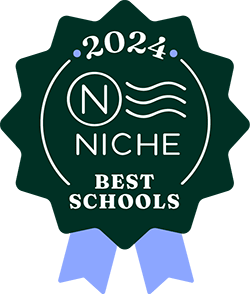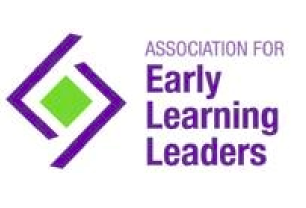Middle School
Grade 6
During sixth grade we see tremendous emotional, physical, and academic development. Academics continue with Humanities, science, Spanish, and the arts. Students continue to dive into music theory, ensemble and instrument lessons. In grade six, students design, conduct, and present their own experimental research for the Middle School Science Fair. In Humanities, students integrate reading and writing with history and geography. Students continue to thrive with the support of Advisory. With support from passionate teachers and motivated peers, students gain greater independence, and take on more responsibility.
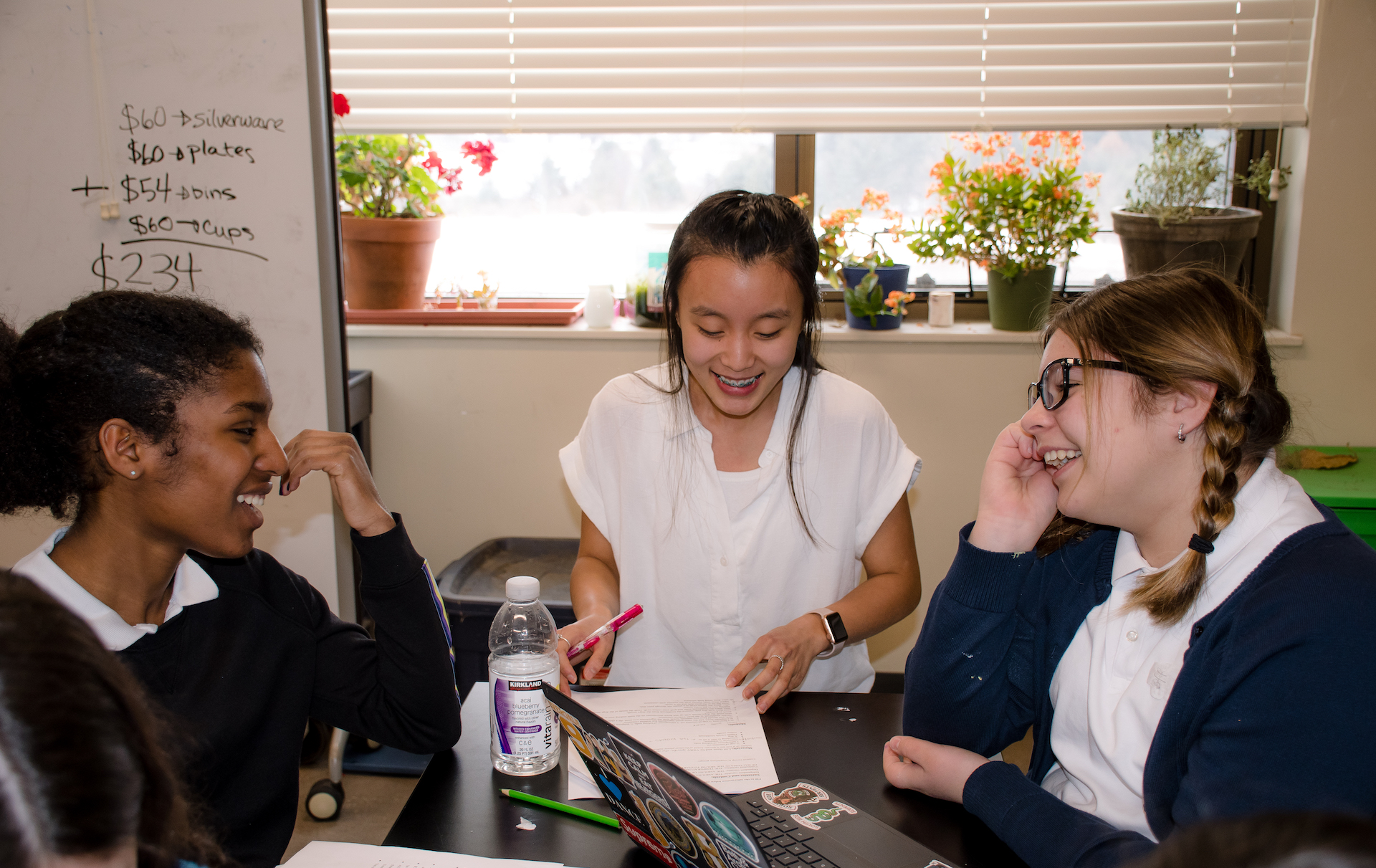
Middle School Advisory
Advisory is a group of 10-12 students that meet three times a week with a faculty member. Advisory is a student's “home” within middle school. In addition to developing closer connections with peers and teachers, sixth grade advisory helps students with the transition into middle school. This can mean help with organization, time management, and setting academic and community goals. Themed units on communication, healthy relationships, conflict resolution, building trust, cooperation and self-reflection help students to thrive. Click here to learn more about our advisory program.
Grade 6 Curriculum:
Humanities
The sixth grade Humanities model is designed to integrate history, geography, and the study of literature. Using the IB Middle Years Programme model, students study history from Ancient Greece through the Age of Exploration using assessments based on research, communication, and critical thinking. Each history unit involves reading a variety of sources and learning to use new history content to produce creative and expository writing. To address the criteria of MYP Language and Literature, reading and writing are taught using the workshop model. The reading workshop includes explicit instruction and practice in reading comprehension strategies and analysis. Students engage in literature study of both classical and contemporary works. The writing workshop includes producing text in a variety of genres and relies heavily on the analysis of mentor texts, organization of text, and using language. Grammar is taught in the context of the writing workshop and supported by curriculum from the Institute for Excellence in Writing. Students learn new vocabulary in the context of history and literature units in addition to inquiry activities based on Greek and Latin root words.
Math
IB Math 2 uses the Haese Mathematics 7 (MYP Year 2) third edition textbook. In Math 6 students continue to build upon their number sense strategies learned in Math 5. Students study the following units: Number strategies and integers, rational numbers, algebraic thinking, coordinate geometry, and statistics and probability. This year emphasizes problem solving and critical thinking developed through written work and lively class discussion.
Discussions, activities, investigations, and research exercises are used throughout the units to develop conceptual understanding. Students are assessed on the following criteria: (A) Knowing and Understanding, (B) Investigating Patterns, (C) Communicating, and (D) Applying Mathematics in Real-life Contexts.
Science
Students build on their understanding of matter and its properties by exploring how the properties and interactions of matter and energy explain physical and chemical changes. Students explore atomic structure so that they can understand basic chemical reactions. Students continue to build on their understanding of energy in systems by exploring the law of conservation of mass and energy as well as explore force and energy interactions in our electricity and magnetism unit. Sixth graders end the year with a study of reproduction, genetics, and evolution. Students will also be expected to participate in the Science Fair.
Science Core Goals
- Develop science and engineering skills through hands-on investigations.
- Gather, interpret, and synthesize data to make appropriate conclusions.
- Construct and support arguments with accurate and relevant evidence.
- Improve skills in scientific writing.
- Work cooperatively with lab partners to successfully complete projects, apply concepts, and share arguments in an intellectually respectful manner.
- Design, create, and/or use models to represent scientific ideas or concepts.
- Communicate ideas effectively with others.
Spanish
In the Middle School language acquisition class, we believe language is an essential tool to develop students’ intercultural awareness. Global citizens are those who accept and respect different perspectives in order to have a better understanding of the world. Acquiring a new language is the best way to be exposed to other cultures and understand, accept, and appreciate differences. The main goal of this class is to develop all language skills: writing, listening, speaking, reading, viewing, and interpreting. Students aim to achieve communicative competence by actively participating in class using a communicative approach. Students are encouraged to use the target language in real-life contexts according to their age and proficiency level. In sixth-grade Spanish class, students will develop the language by continuing to explore not only their personal experiences but also their local and global communities. Some of the topics include The Neighborhood and Community, Traveling, A healthy Life Style, and Cultural and Tradition Mosaic. Grammar focuses on the correct use of the Preterit Tense of regular and some irregular verbs. Students will work on expressing past events.
Music
The Madison Country Day School Music Department strives to provide a comprehensive music education for each child, promoting a balance of discipline, creativity, and aesthetic understanding.
Throughout middle school, students continue to receive private or semi-private music lessons on their chosen instrument (piano, voice, violin, viola, cello, bass, trumpet, trombone, french horn, oboe, clarinet, saxophone, flute, or percussion). These lessons occur during the school day and are included in tuition. All sixth grade students participate in a combined fifth and sixth grade ensemble (band, choir, or orchestra) determined by their instrument. These young musicians perform in a Winter and Spring concert and can also participate in two recitals each year. Depending on their ensemble, students have other performance opportunities, both on and off campus. Fifth and sixth grade students receive designated instruction time in music theory during their ensembles. Units include major vs. minor tonality, rhythm/meter, and scale construction/key signatures. A major highlight is the annual composition unit. MCDS music students grades 5-12 are given an account with Noteflight, a web-based notation software, which they use for composition as well as music assessments. Sixth grade students also have the option to participate in WSMA Solo and Ensemble Festival.
Art
Middle school art consists of studio work with a variety of different artistic mediums, completing written artist statements for an online portfolio, and group critiques to learn how to talk about artwork. Students review and start to fine tune how they use the elements and principles of art and design to describe art. We will be exploring a variety of topics in art this year including, but not limited to, art history, artist studies, learning about new techniques to use with a variety of mediums, and student choice projects. These choice projects will have a theme or topic to guide students along their artistic journey. Once projects are completed, students will share how and why they chose to create their art and how it fits into the theme or topic, allowing for more individual expression and interpretation.
Physical Education
In sixth grade students apply physical and health terminology to communicate understanding, construct and outline a plan for improving physical activity and health, recall and apply a range of strategies and movement concepts, and describe the effectiveness of a plan based on the outcome. Some of the activities covered include flag football, volleyball, fitness, health, dance, softball, floor hockey, paddling, and more. Students will also continue to develop their confidence, leadership, teamwork, and sportsmanship skills through these activities.


